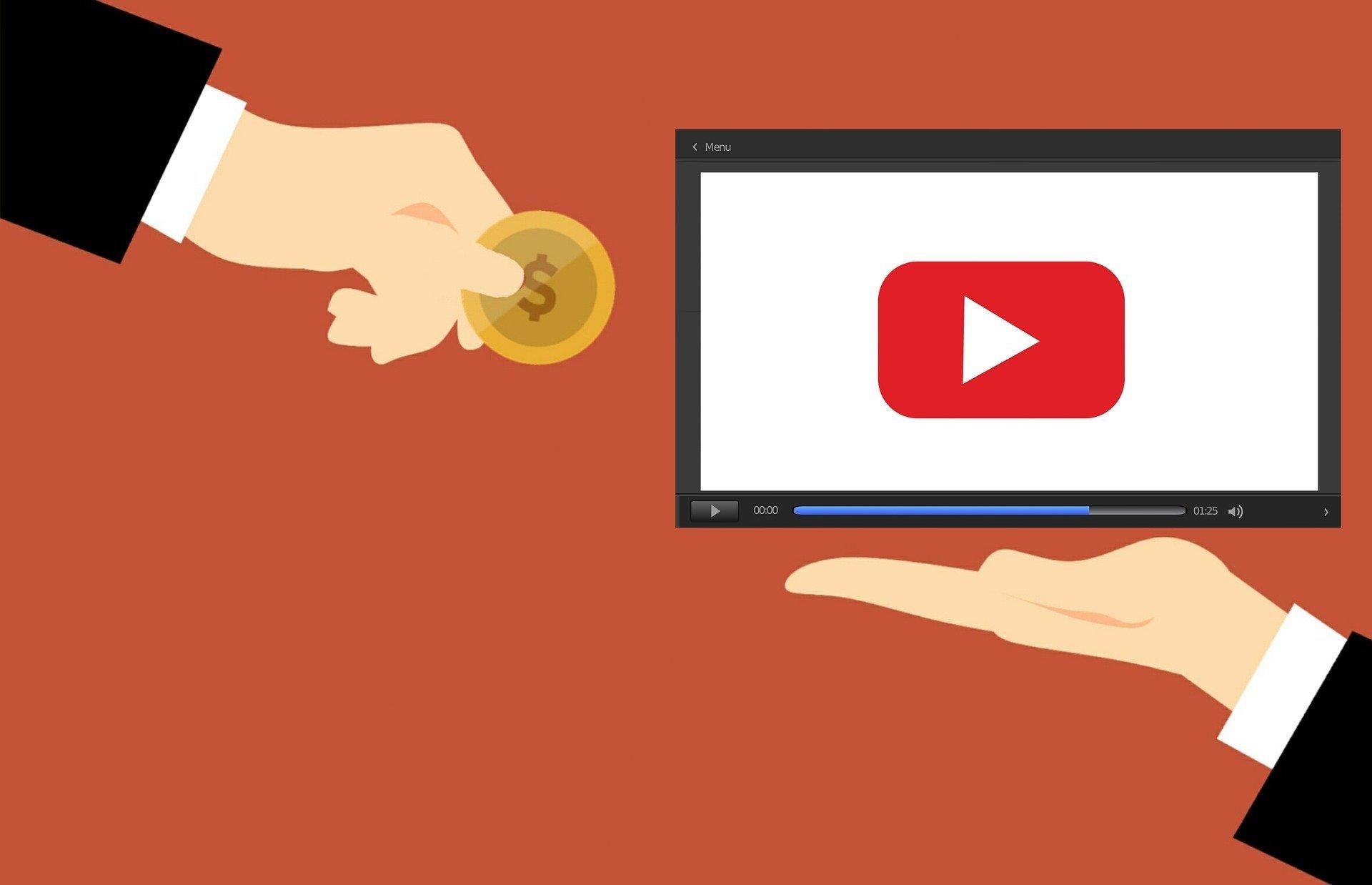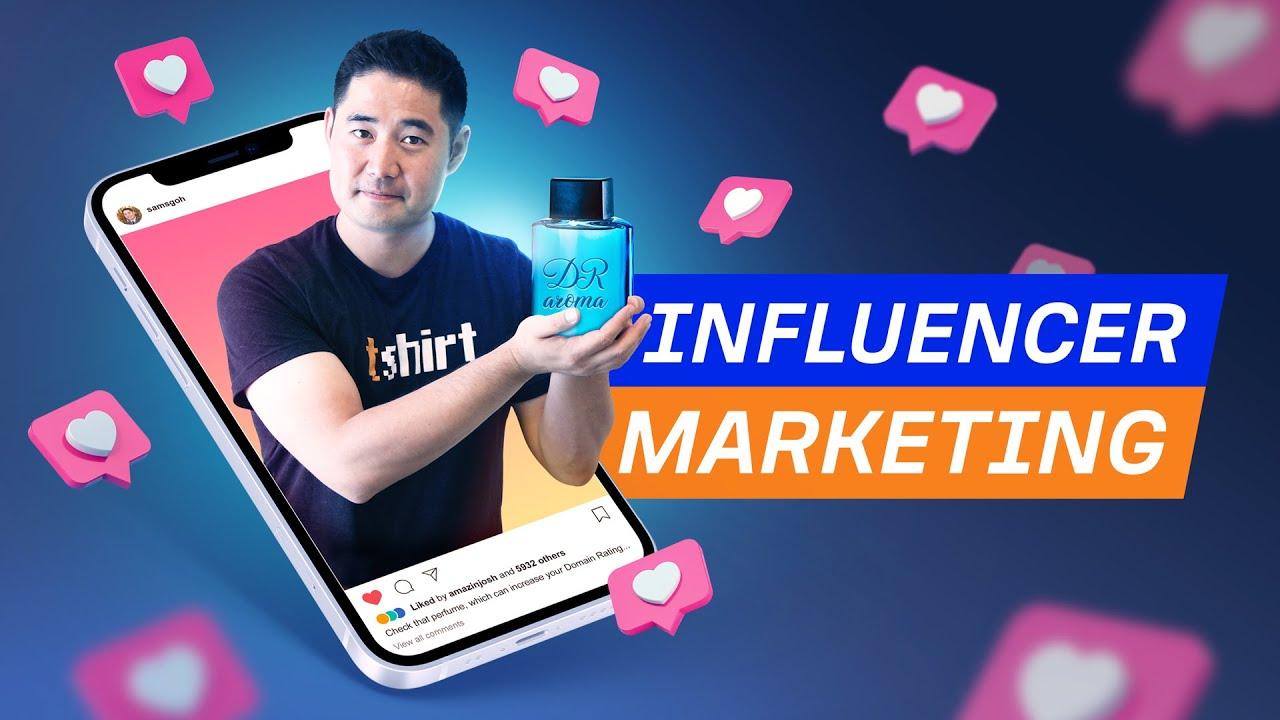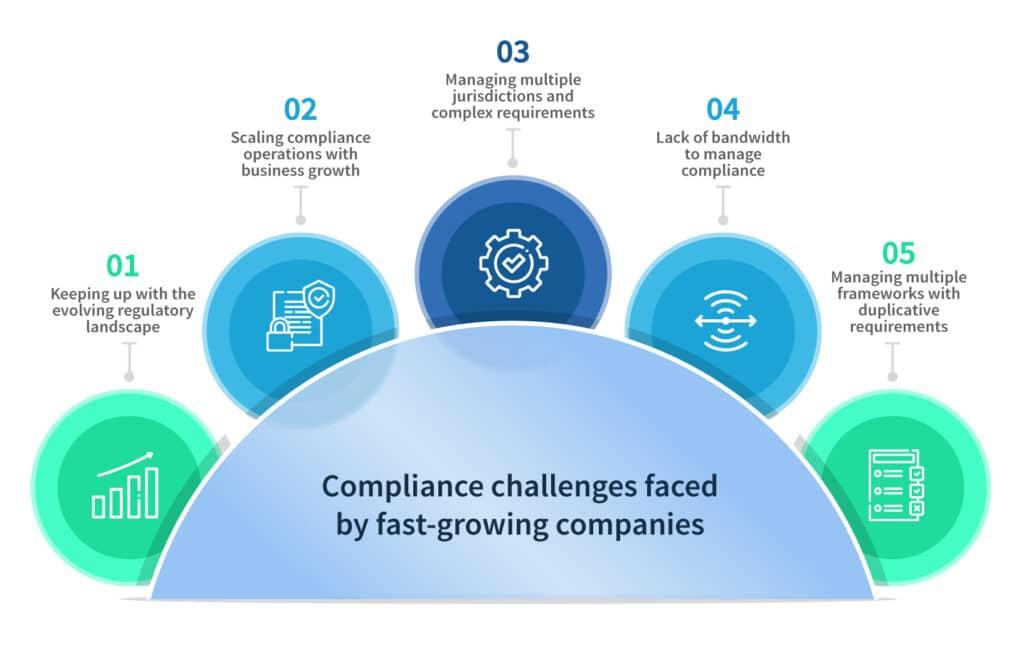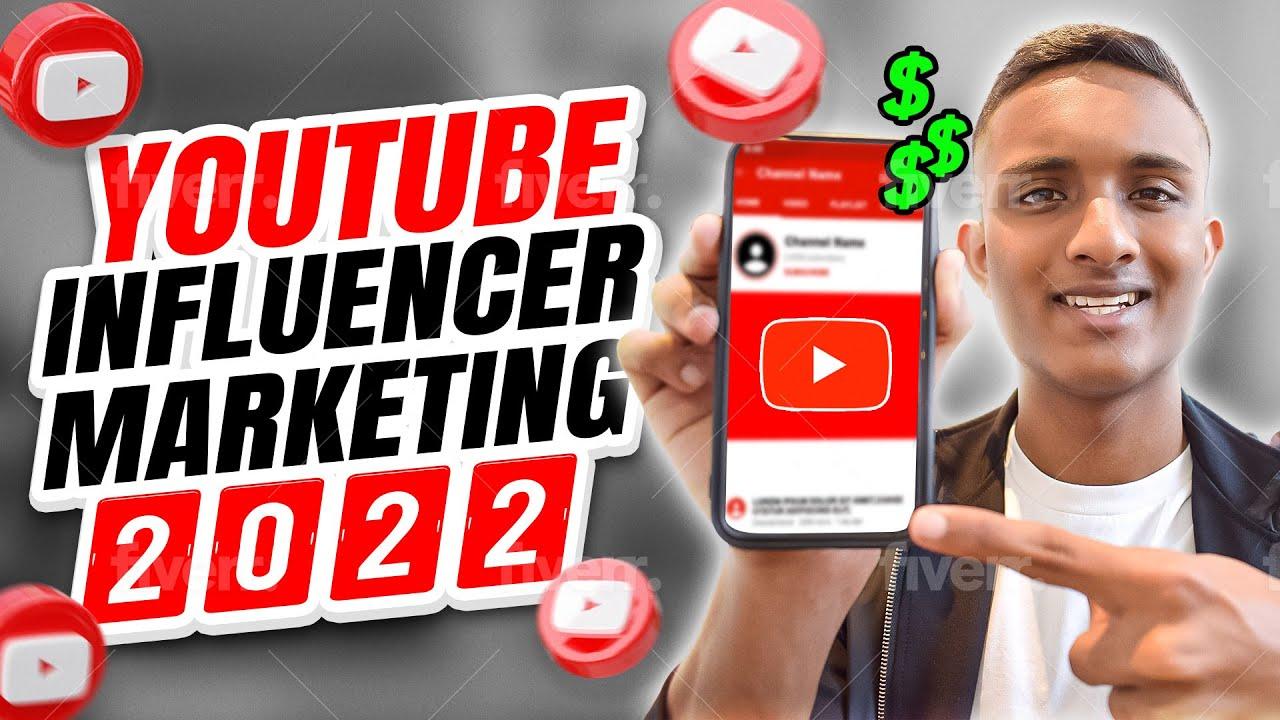
In the ever-evolving digital landscape, where creativity meets commerce, YouTube influencers are reshaping the way brands connect with audiences. As the allure of influencer marketing gains momentum, however, a complex web of legal concerns begins to unravel beneath the surface. From disclosure regulations to intellectual property rights, navigating the legal maze surrounding influencer partnerships can be as challenging as it is indeed essential.This article delves into the intricacies of YouTube influencer marketing, illuminating the critical legal frameworks that govern this dynamic ecosystem. Whether you are a budding influencer, a seasoned content creator, or a brand looking to harness the power of influence, understanding these legal nuances is key to fostering authentic relationships and ensuring compliance in a world brimming with opportunities—and pitfalls. Join us as we unveil the essential guidelines and strategies to help you navigate this multifaceted terrain, ensuring that your creative endeavors thrive within the bounds of the law.
Understanding the Legal Landscape of Influencer Marketing on YouTube
In the dynamic world of YouTube influencer marketing, understanding the intricate legal framework can seem daunting. The Federal Trade Commission (FTC) regulations serve as a cornerstone for transparency in advertising practices, mandating that influencers disclose their sponsored content. This requirement promotes honesty between creators and their audiences, fostering trust and compliance. As a creator, it’s essential to be familiar with the various forms of disclosures, including but not limited to:
- Clear hashtags: using tags like #ad or #sponsored prominently ensures viewers understand the promotional nature of the content.
- Verbal Disclosure: Mentioning that the video is sponsored at the beginning or during the content is also effective.
- Photo or Video Overlay: Incorporating on-screen text can reinforce the disclosure, making it hard to miss.
Additionally, copyright issues loom large in the influencer marketing realm, especially concerning music and video clips. Creators must navigate licensing agreements to avoid infringement claims effectively. To clarify these issues, major copyright categories include:
| Copyright Type | Description |
|---|---|
| Music licensing | Obtaining rights to use songs in videos to prevent takedown notices. |
| Stock Footage | Utilizing licensed clips to enhance video quality without legal repercussions. |
| Original Content | Creating unique visuals or sounds to maintain full ownership and control. |

Key Compliance Challenges Faced by Content Creators and Brands
In the rapidly evolving landscape of influencer marketing, compliance challenges are a constant hurdle for content creators and brands. Navigating the complex web of regulations requires a deep understanding of the legal expectations that govern sponsored content. Among the most pressing challenges are:
- Disclosure requirements: Creators must clearly disclose paid partnerships to avoid misleading their audience, often using specific phrases mandated by regulatory bodies.
- intellectual Property Issues: Utilizing copyrighted music, clips, or third-party materials without permission can lead to swift takedowns or legal action.
- Data Privacy Regulations: Content creators collecting personal information from their audience must adhere to GDPR, CCPA, and other privacy laws.
Moreover, brands have their own set of compliance pitfalls that they must navigate.Ensuring that their advertisements do not veer towards deceptive practices while collaborating with influencers is crucial.The following points summarize some common concerns:
| Brand Compliance Challenges | Impact |
|---|---|
| Influencer Background Checks | Risk of association with controversial figures can harm brand image. |
| Adherence to FTC Guidelines | Failure to follow can result in fines and penalties. |
| Managing User-Generated Content | Liability issues can arise from customer reviews and comments. |

Building Trust Through Transparency: Disclosures and Ethics in Influencer Campaigns
In an era where digital content is consumed at an unprecedented rate, the integrity of influencer marketing hinges on the trust cultivated between creators and their audiences.Transparency is paramount; it not only fosters trust but also enhances credibility.Disclosures about partnerships or sponsored content ought to be articulated clearly, ensuring viewers understand when marketing efforts are at play.This clarity strengthens the bond between influencers and their followers while adhering to evolving legal frameworks that require overt communication of sponsored materials.
To effectively navigate ethical considerations in influencer campaigns, brands and creators must prioritize the establishment of clear guidelines for disclosures. The implementation of these practices can include:
- Using hashtags like #ad or #sponsored prominently in video descriptions.
- Incorporating verbal disclosures within the video content.
- Maintaining consistency in disclosure practices across all platforms.
Additionally, creating a transparency report can definately help brands assess the effectiveness and authenticity of their influencer partnerships. This report can include aspects such as engagement rates, audience feedback, and adherence to ethical standards, ultimately enriching the influencer marketing ecosystem.
| Disclosure Methods | Benefits |
|---|---|
| hashtags | Quick recognition and clear messaging |
| Verbal disclosures | Personal touch that reinforces honesty |
| Transparency reports | Data-driven insights into campaign efficacy |

Best Practices for Crafting Legally Sound Collaborations on YouTube
When embarking on collaborations with other YouTubers or brands, it is indeed crucial to establish a comprehensive written agreement. This contract should outline the scope of work, deliverables, deadlines, and payment terms to ensure clarity and mutual understanding. Moreover, it is essential to include clauses regarding intellectual property rights, specifying who retains ownership of created content and any potential usage rights beyond the initial collaboration. This not only protects both parties but also mitigates the risk of future disputes.
Transparency is key in influencer marketing, notably when it comes to sponsorships. to maintain trust with your audience and comply with legal requirements, always disclose partnerships clearly. Consider employing the following strategies:
- Use hashtags like #ad or #sponsored in your video descriptions.
- Incorporate verbal disclosures within the video content.
- Provide a detailed explanation in a pinned comment on the video.
Using these methods not only adheres to FTC guidelines but also fosters an ethical approach to content creation that resonates with viewers.
Insights and conclusions
As we conclude our exploration of the intriguing intersection between YouTube influencer marketing and legal considerations, it becomes clear that navigating this complex landscape requires more than just charisma and creative content. The digital stage is vibrant and full of potential, yet it is indeed equally fraught with legal intricacies that can trip up even the most experienced creators.
From understanding the nuances of advertising disclosures to respecting copyright laws and safeguarding intellectual property, influencers must arm themselves with knowledge. It’s not merely about building a brand; it’s about ensuring that brand is fortified with transparency and integrity. As the influencer marketing sphere continues to evolve, so too should the strategies for maintaining compliance and fostering trust with audiences.
In this dynamic environment, staying informed and adaptable is essential. The legal landscape may be a maze, but with the right tools and insights, influencers can navigate it successfully, paving the way for authentic connections and sustainable growth.as we look ahead, let us embrace a future where creativity marries legality, setting the stage for a responsible and vibrant industry. Happy creating, and remember: the law might be complex, but your voice is powerful.